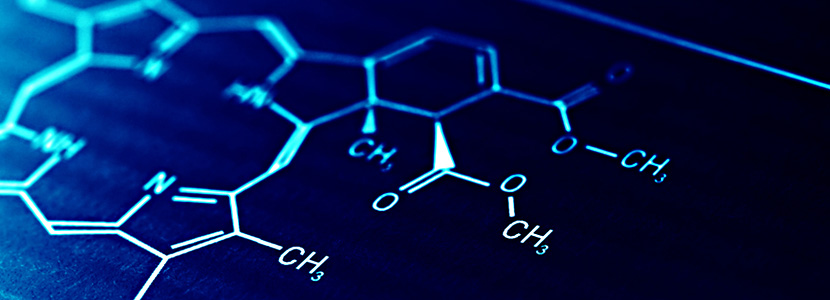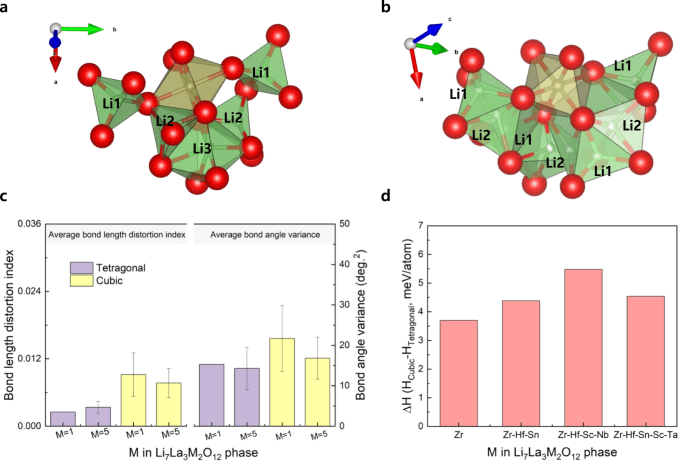Polymer chemistry is a branch of chemistry that focuses on the study of polymers, which are large molecules composed of repeating subunits called monomers. These versatile materials have revolutionized various industries and everyday life. In this article, we will delve into the fascinating world of polymer chemistry and explore its myriad industrial applications.
Understanding Polymers
Polymers are ubiquitous in our daily lives, from plastic bottles and rubber tires to DNA and proteins. The key characteristics of polymers include:
- Repetitive Structure: Polymers consist of repeating monomer units linked together in long chains or networks.
- Variety of Monomers: The choice of monomers and their arrangement in a polymer chain determine its properties and applications.
- Diverse Properties: Polymers can exhibit a wide range of properties, from lightweight and flexible to rigid and durable.
Polymerization Reactions
Polymerization is the process by which monomers combine to form polymers. There are two main types of polymerization reactions:
- Addition Polymerization: In this process, monomers with unsaturated bonds (e.g., ethylene) undergo chain reactions to form polymers (e.g., polyethylene). It is commonly used to produce synthetic plastics.
- Condensation Polymerization: Condensation reactions involve the elimination of small molecules, such as water or methanol, as monomers react to form polymers (e.g., nylon and polyester). These polymers often have high melting points and are used in textiles and engineering materials.
Industrial Applications of Polymer Chemistry
- Plastics and Packaging: Plastics are one of the most ubiquitous polymer products. They are used in packaging, containers, automotive parts, and electronics due to their versatility, lightweight nature, and durability.
- Textiles and Clothing: Synthetic polymers like polyester, nylon, and spandex are essential in the textile industry, providing comfort, stretchability, and durability to clothing.
- Automotive Industry: Polymers are used in various automotive components, including tires, bumpers, and interior materials, to reduce weight and enhance fuel efficiency.
- Construction Materials: Polymer-based materials like PVC (polyvinyl chloride) pipes, insulation, and sealants are widely used in construction for their durability and resistance to corrosion.
- Medical Devices and Biotechnology: Polymers play a crucial role in medical applications, from prosthetics and surgical implants to drug delivery systems.
- Electronics: Polymer-based materials are used in electronics for insulating, encapsulating, and protecting sensitive components.
- Aerospace Industry: Lightweight and high-strength polymers are used in aircraft components to reduce weight and improve fuel efficiency.
- Environmental Solutions: Polymers are used in wastewater treatment, environmental cleanup, and sustainable materials development to address environmental challenges.
Recent Advances in Polymer Chemistry
- Biodegradable Polymers: The development of biodegradable polymers aims to reduce environmental impact by creating materials that break down naturally.
- Smart Polymers: These polymers respond to external stimuli such as temperature, pH, or light, making them valuable in drug delivery and sensors.
- Nanocomposites: Incorporating nanoparticles into polymers enhances their properties, leading to stronger, lighter, and more heat-resistant materials.
- 3D Printing: Polymer 3D printing is revolutionizing manufacturing by allowing the precise and rapid production of complex parts and prototypes.
- Polymer Recycling: Advances in recycling technologies are addressing the growing concern of plastic waste by converting used polymers into new materials.
Challenges and Future Prospects
While polymer chemistry has transformed industries and improved our quality of life, it also faces challenges related to environmental sustainability, such as plastic waste management and the development of eco-friendly materials. Researchers are working to find solutions to these issues by designing biodegradable polymers and improving recycling processes.
Conclusion
Polymer chemistry has profoundly impacted various industries and our daily lives, offering an array of versatile materials with diverse properties. From plastics that shape our world to advanced materials used in healthcare and aerospace, polymers continue to drive innovation and provide solutions to complex challenges. As research in polymer chemistry advances, we can look forward to even more sustainable and groundbreaking applications that benefit both society and the environment.










